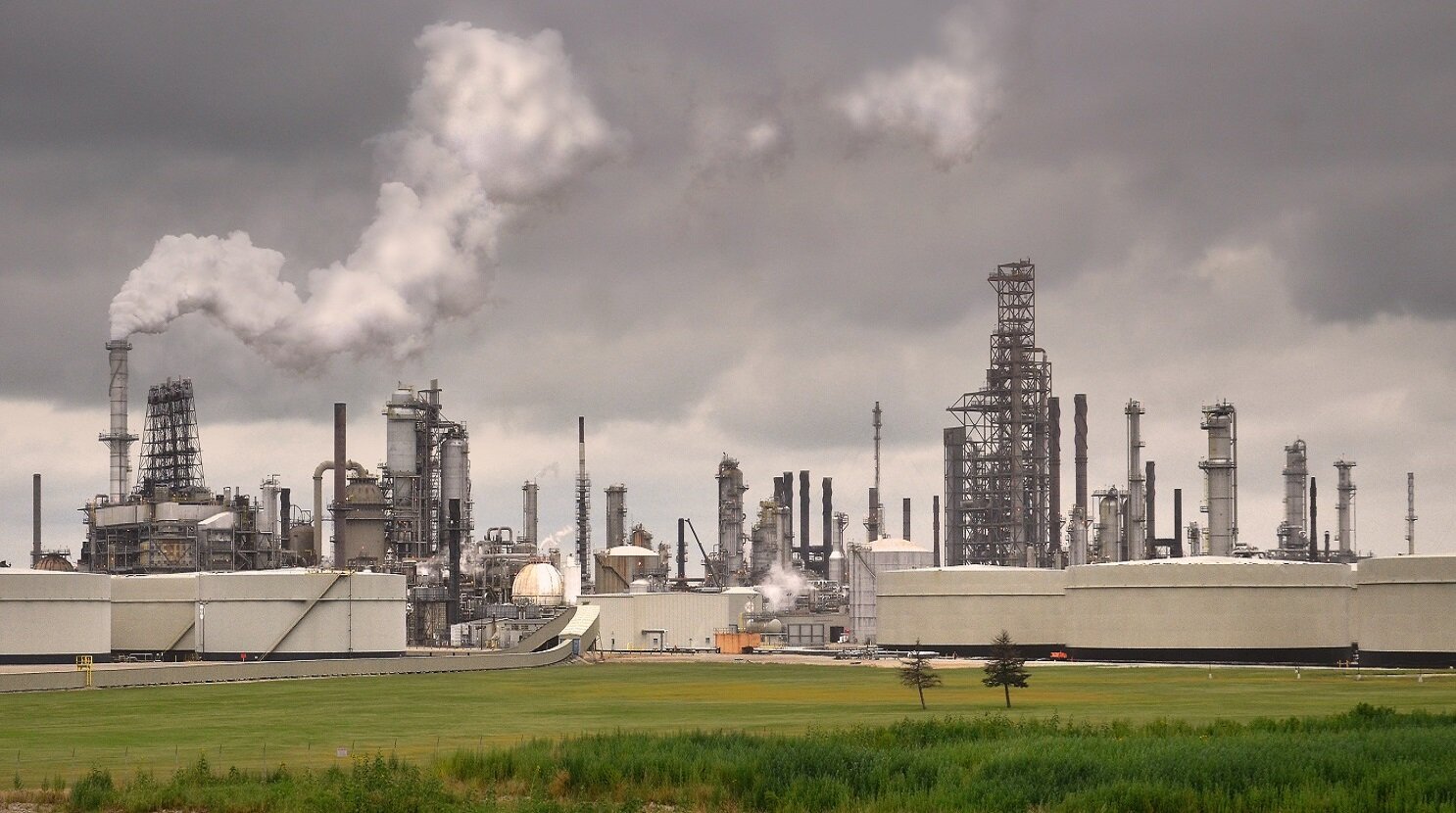
Climate crossroads
Climate change was once a long-term problem that humanity could have dealt with incrementally. No longer: scientists and multilateral institutions agree that human decisions in the next ten years will irreversibly condition how we live out the remainder of the century. The magnitude of the climate crisis demands that policymakers and regular citizens alike understand not just the science of climate change, but the human laws and institutions that prevent or can help the planet remain a safe, habitable place for all.
This series is authored by Nathan Kim, Iris Peng, Advait Arun, and Mady Hart. All are writers on the Crow’s Nest, the Caravel’s analysis section for senior writers. Each approaches the climate crisis from an angle of their interest and, in the process, each illuminates just how multifaceted and complex this crisis really is. That’s no excuse for pessimism, though. The climate crisis is a big problem that’s really just a bunch of smaller problems requiring conflict resolution, inclusive governance, and a collective recognition of our shared responsibility to the planet.
Mady Hart - November 19, 2021
Emphasizing Local solutions for local displaced persons
Failed responses to climate IDPs stem from international and state-level plans that fail to engage with the needs of local communities, last-minute ideas—as opposed to proactive and nuanced ones—or some combination of the two. From Haiti to Darfur to Nigeria, these failures demonstrate the need to engage preemptively with local communities. However, there have been much better responses to climate-induced displacement. These responses generally have two qualities in common: they value the importance of local culture and customs, and they prioritize both preparedness and long-term reconstruction efforts.
Advait Arun - October 21, 2021
Beware the blank Checks of climate finance
Issues of conditionality, debt, and investor preferences threaten to skew the benefits of climate finance agreements toward the United States. When rich-world financiers can impose their visions of green transitions on countries calling for financial assistance, they can deny developing countries the chance to craft their own democratic, inclusive, and bottom-up approaches to tackling climate change.
read more
Iris peng - October 15, 2021
Building resilient cities
Though we all want someone to criticize for undesirable situations, the truth is that it's impossible to pinpoint any one actor as singularly responsible. In the case of the Pacific Northwest heat wave, we are all culpable—though to varying degrees. Nevertheless, tackling future weather emergencies requires public, private, and individual action that addresses both the causes and effects of climate change.
read more
nathan kim - October 15, 2021
consequences of climate inaction in the middle east
One region in particular, the Middle East, looks to be among the worst-affected victims of climate change in the coming decades. Ironically, it is presently the biggest economic beneficiary from the exportation of the fossil fuels that have driven the current climate crisis. As a result, it is the perfect case study of the impacts that climate change will have on the future of human habitation, environmental justice, and geopolitics.
read more




